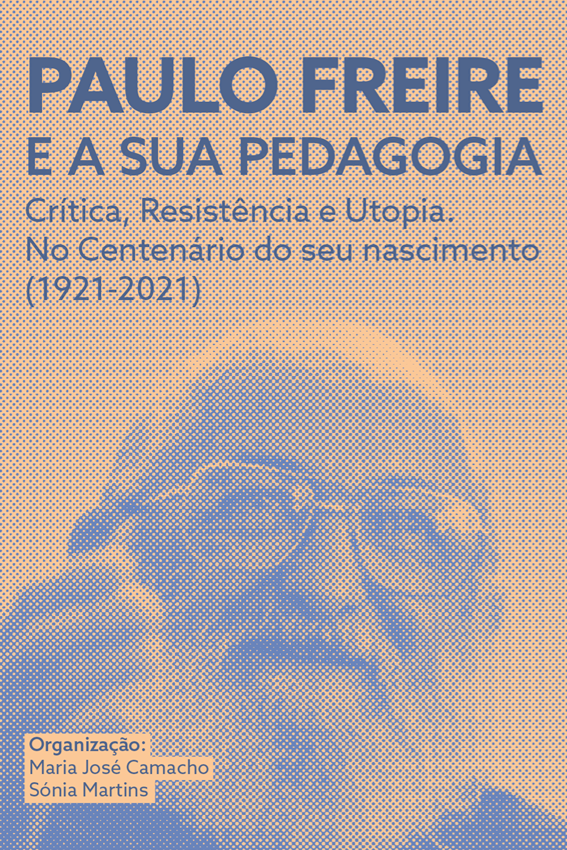
“We can’t talk about education without love.”
Paulo Freire (1921-1997)
In celebration of the centenary of Paulo Freire’s birthday, we set out to revive the legacy left by the educator, pedagogue and philosopher by revisiting his methodology, which is full of dialog between teacher and student, in which the student’s active and critical role gives life to learning.
A fierce critic of the idea that the teacher had all the knowledge and the student was just a storehouse of notions and beliefs, Freire advocated an education that led to freedom and knowledge of the world, with a view to transforming it. In the middle of the 21st century, in which we are living through crucial moments for education in Portugal and around the world, the challenges we face are acute: What skills are needed to exercise proactive citizenship? How do we make critical and conscientious decisions in non-linear situations of great complexity, uncertainty and unease? How to lead and how to welcome leadership? How to use technology and science to make decisions and overcome the obstacles of the present?
Thus, with an eye on the current scientific field of education, we will revisit Paulo Freire’s Critical Education, based on a profoundly dialogical, anti-oppressive and non-authoritarian dimension. As is its prerogative, in line with the lines of research – Curriculum, Pedagogical Innovation, and Educational Administration – the XVI CIE-UMa Colloquium was a space for reflection and debate on education as a vehicle for promoting an ideal, critical and inclusive society. This led to the publication of the book “Paulo Freire e a sua pedagogia:Crítica, Resistência e Utopia. No Centenário do seu nascimento (1921-2021)”.
Maria José Camacho & Sónia Martins (Orgs.)
Available online here.